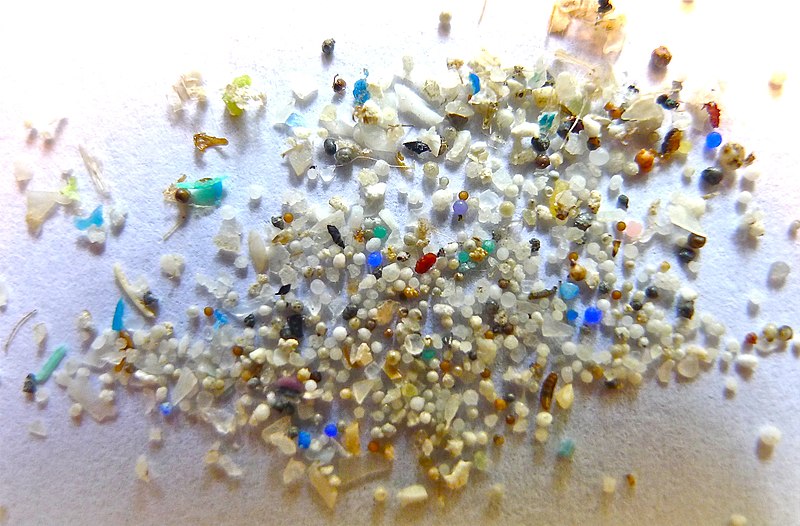Numerous studies have shown that the consumption of diets with high-sugar content leads to obesity and metabolic disorders. But to what extent the role gut microbes play here was not clear so far.
Now, a novel study by researchers at Columbia University has found that sugar disrupts the gut microbiome resulting in a chain of events that causes the elimination of protection against obesity and diabetes.
Researchers investigated the initial effects of a western-style high-fat, high-sugar diet on the microbiome of mice. They found that while the diet matters, an optimal microbiome is equally important for the prevention of metabolic syndrome, diabetes, and obesity.
Researchers found that sugar was the culprit for the microbiome changes. Sugar eliminates the filamentous bacteria that consequently lead to the disappearance of the protective Th17 cells. Th17 immune cells in the gut are necessary to prevent metabolic disease, diabetes, and weight gain.
Ivaylo Ivanov, Ph.D., associate professor of microbiology and immunology at Columbia University Vagelos College of Physicians and Surgeons, said in a statement, “When we fed mice a sugar-free, high-fat diet, they retain the intestinal Th17 cells and were completely protected from developing obesity and prediabetes, even though they ate the same number of calories.”
However, researchers noticed that eliminating sugar may not work in people lacking any filamentous bacteria, who became obese and developed diabetes.







